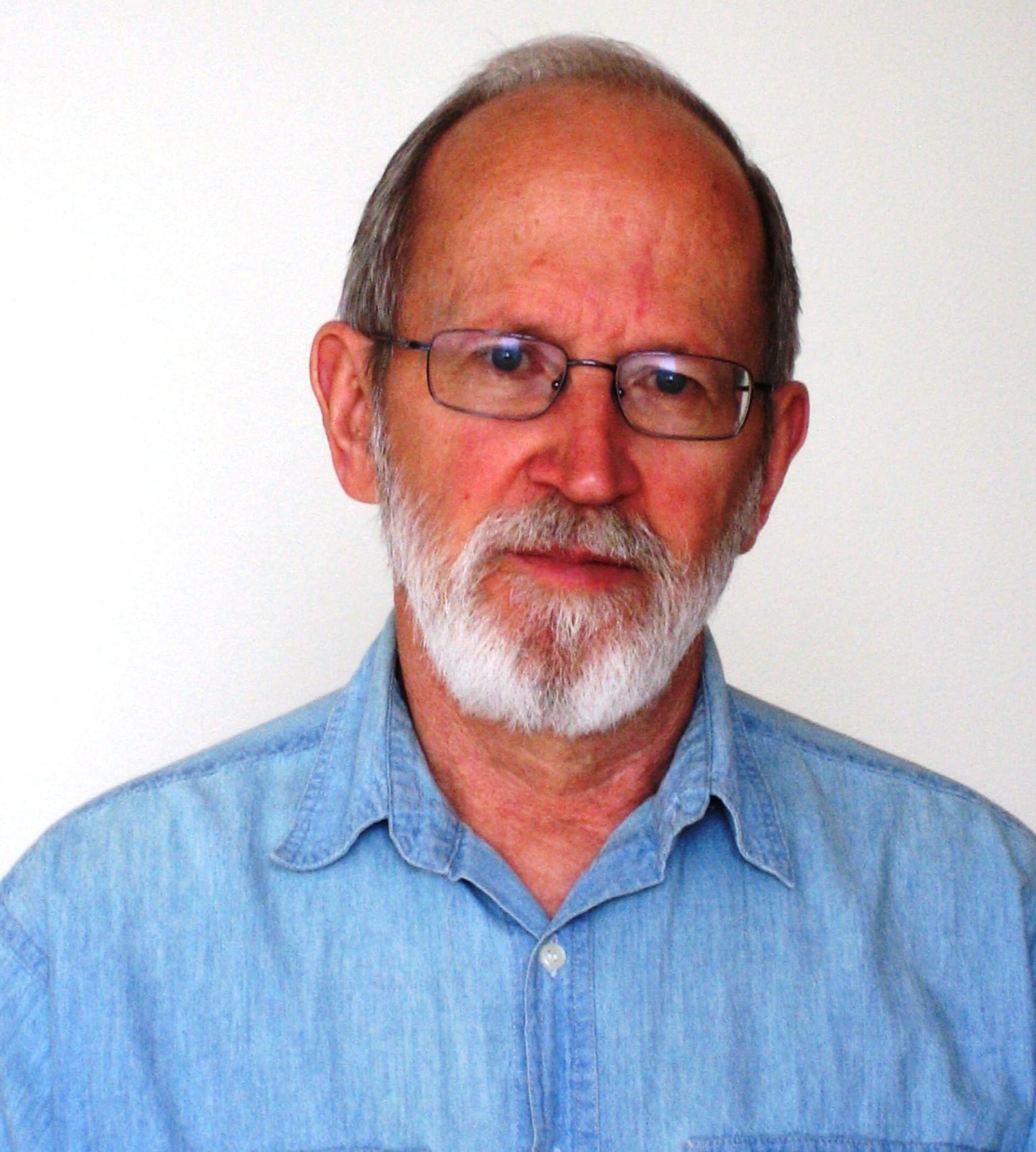COLUMN: Can you say "conflict of interest"? Not at the UN.
When it comes to measures seriously addressing climate change, Canadians have pretty low expectations. They know that oil companies have the ear of both Bay Street political parties. Just last week, for example, the auditor general went public, exposing the Trudeau government’s refusal to provide the information he needs to determine the level of subsidies we provide to the industry. But we retain some optimism when it comes to the UN. After all, the most credible voice on climate change is the Intergovernmental Panel on Climate Change (IPCC). It provides scientific advice to governments, who in turn negotiate targets at the UN Climate Conference — the United Nations Framework Convention on Climate Change (UNFCCC).
The problem is that the UNFCC negotiations are being compromised by the very oil giants that continue to create the climate crisis. These uber-powerful oil companies and groups like the World Coal Association and the U.S. Business Roundtable are allowed into the negotiations at the UNFCCC as observers, and are classified as equivalent to civil society NGOs. They had access to all nations’ delegates, could host side events in the “civil society village,” feature their products in a “gallery” and sponsor the conference.
The result has been a pitched battle at the UNFCCC gatherings between countries of the Global South and environmentalists on one side, and developed counties like Canada on the other, over the issue of conflict of interest. The fight to demand that the UNFCCC establish rules and definitions regarding conflict of interest was led by Corporate Accountability International (CAI), which presented the secretariat with a petition of 500,000 names calling for the exclusion of fossil fuel companies.
The CAI is working in support of a group of developing nations who make up the Like-Minded Group of Developing Countries (LMDC) of more than 20 nations, including China, representing a majority of the world’s population. The LMDC have been asking the UNFCCC to adopt“a clear, legal, policy framework to protect the objective, purpose and principles of the Convention and the Paris Agreement from conflicts of interest.”
This request, made in the November 2016 Marrakech meeting, was repeated at the latest UNFCCC meeting in Bonn last May. In response the US (since withdrawn), Australia, Canada, Russia and Saudi Arabia all claimed that they could not see an issue of conflict of interest. The Australians even claimed: “There is no clear understanding of what a conflict of interest is and it means different things to different people.”
Corporate Accountability International pointed out that Australia does not seem to have any difficulty defining conflict of interest in law for its domestic purposes, that is, someone“has a conflict of interest when the practitioner serves or attempts to serve two or more interests which are not able to be served consistently.”
Ironically, on that same day the World Health Organization’s (WHO) Framework Convention on Tobacco Control (FCTC) was meeting in Delhi, India. Its strict rules regarding conflict of interest explicitly exclude tobacco companies from its deliberations.The Tobacco Control Treaty states that “there is a fundamental and irreconcilable conflict between the tobacco industry’s interests and public health policy interests.” – article5.3 In fact, a representative of the WHO spoke to the UNFCCC urging them to learn from the tobacco control experience: “(H)eed the remarkable example of the WHO FCTC as a milestone for public health and international health co-operation and know that it’s not an impossible task to prioritize human and environmental health over industry interests.” The plea fell on deaf ears.
In 2016 the climate warmed 50 per cent faster than the previous year, and was the hottest year ever recorded. But in the “hear-no-evil, see-no-evil” world of the UNFCCC, the priority of urgent action on climate change is being corrupted by herculean efforts to accommodate the most powerful corporations in the world. According to Kathleen Ruff who attended the meetings as a Canadian delegate of the CAI, by the end of the Bonn meetings, “the U.S., the EU, Australia et al. had forced the eradication of the words “conflict of interest,”, “integrity”, “reputation”, and “safeguard” from the proposal by the countries of the Global South.” Members of NGOs requested permission to demonstrate at the Bonn meetings. They were given permission on condition that they “avoid using ‘Stop Corporate Capture’ or any other reference to corporate/companies/private sector or corporations to ensure that the atmosphere of respect during the sessions is maintained.”
While turning a determined blind eye to the issue of conflict of interest, the Bonn meeting approved giving “non-Party stakeholders” even greater ability to influence UNFCCC “deliberations on substantive issues” by, for example, giving lobby groups, like the World Coal Association, greater ability to make interventions, provide regular briefings to the parties and set the agenda.
It gets worse. Despite the fact that the conflict of interest issue was the most strongly and passionately raised issue when the role of “non-Party stakeholders” was discussed, the 27-page final report has completely excised it from the record. A word search on conflict turns up nothing. Anyone relying exclusively on the report will have no idea it was even raised.
Canada’s official position contributing to this disgusting display of censorship was contained in its 2016 submission, Enhancing the Effective Engagement of Indigenous Peoples and Non-Party Stakeholders. The liberal-sounding title betrays weasel words about collaboration along-side niceties regarding “strengthened engagement” with indigenous peoples. There was no hint of discomfort with the blatant conflict of interest integrated into the UNFCCC’s protocols. Instead, Canada blithely recognized “the critical role” of the “private sector” in supporting climate change action.
So, the next time you feel confident that at least at the United Nations the global public interest is being defended, remember that our sunny-ways government sees big oil as a partner in, well, curbing big oil.

























